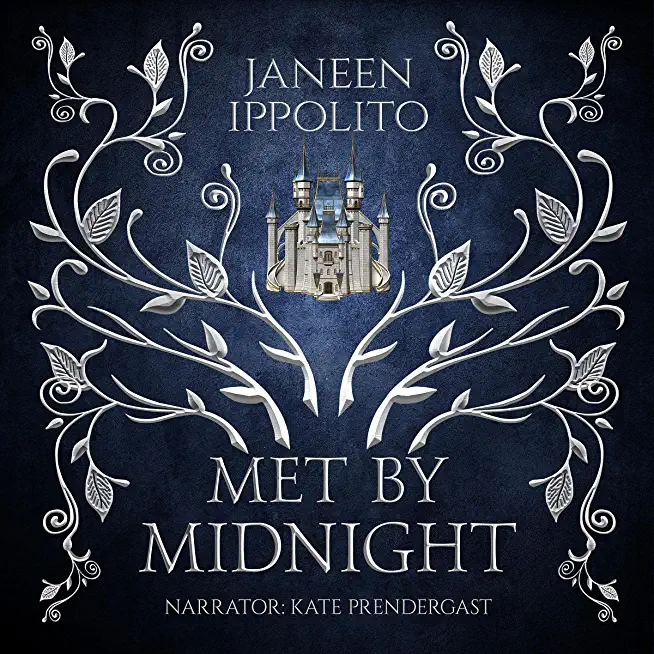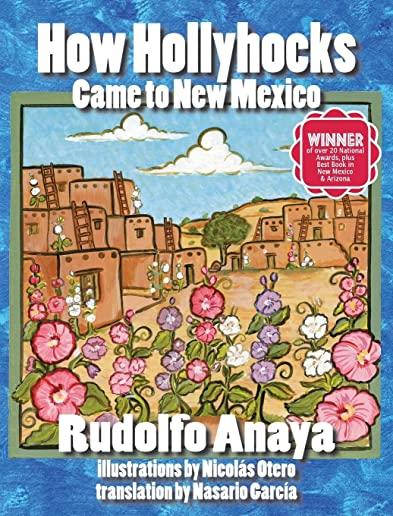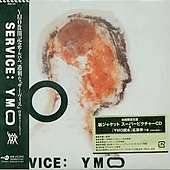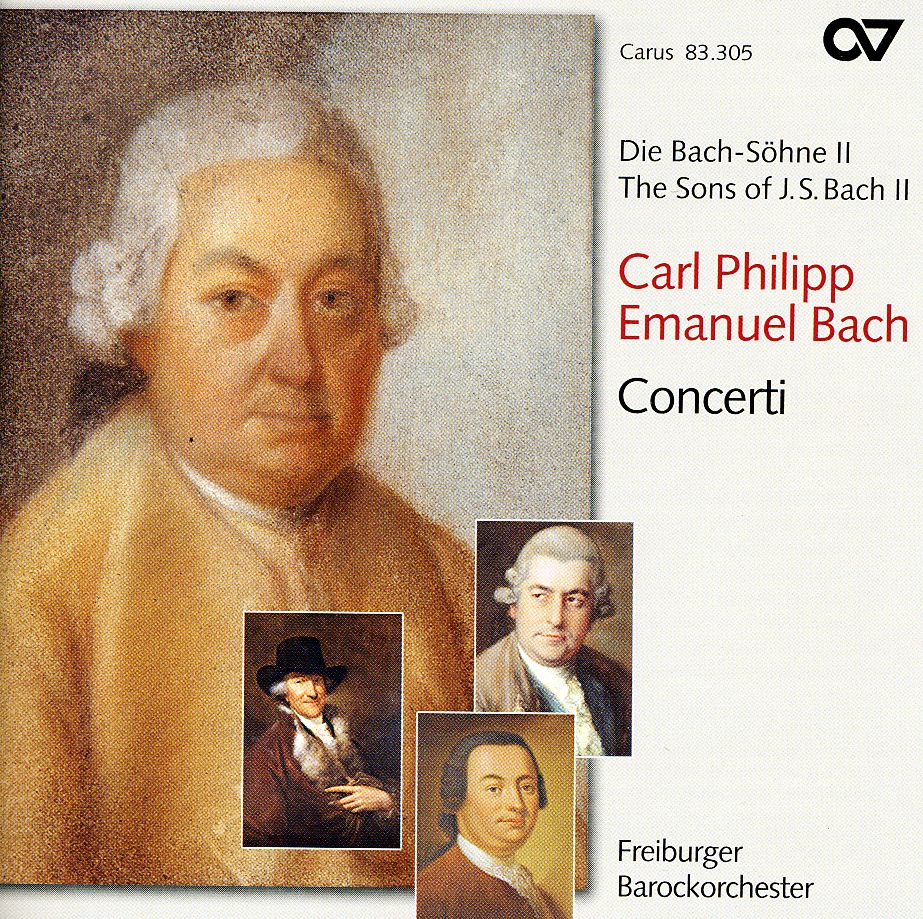
Visionary English poet Estill Pollock returns with a collection of narrative and ekphrastic poems, and a hybrid of the two, all intended to offer a storyboard of creative energies.
The cover of Estill Pollock's Time Signatures portrays a black hole, appropriate for the inescapable gravity of this new volume that draws the reader into his visionary verse ñ a collection of narrative and ekphrastic poems, and a hybrid of the two, all intended to offer a storyboard of creative energies. And what a range of creativity we find on offer here, ranging from Dickens and Dickenson to Rembrandt and the Beatles, variously encompassing Pasternak and Alan Turing, Mary Wollstonecraft and Kafka, Auden and Brecht, Rubens and Bruegel. It requires both deep erudition and bold imagination to take on such a range of characters, and Pollock is more than up to the challenge. Often he portrays his subjects at seminal moments in their lives, instances of personal resolution that illuminate their humanity, freshly fleshing out these icons and Old Masters. His title evokes both music and physics, and both are present here, in the lyricism of his language and the exquisite precision of his observations. Whether by turns a world defined by the sweep of brushstroke vistas or in the maze of pickstitch self-absorption, Pollock assures us that everything here is real. Some of it might even be true.
Estill Pollock's Time Signatures is a hugely ambitious and, in the end, wonderfully achieved engagement with longer poetic forms. Unique also is Pollock's exploration of history, ideas and the lives of cultural icons. Pollock wears his learning lightly, though this...would mean little to us were it not for the memorability of his language, his appeal to the senses and above all his skill in controlling the headlong thrust of his narratives.--David Cooke, founder & editor of The High Window
Pollock writes so well that the poem rattles along, full of conversational phrases and vivid images...the style...loose but never uneconomical...with the kind of detail that gives it life and vibrancy, and takes the poetry to a new level, a consideration of the fragility of what we achieve if we attempt some kind of art.--Bob Mee, review extract of The Night Watch in The Journal
Poetry. Art.







